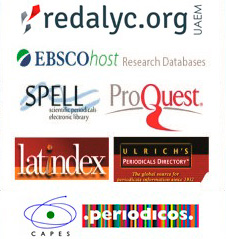THE DISCOURSE AND PRACTICE OF ETHICS IN WORK RELATIONS: THE PARADOXES OF THE PRAXIS OF A BANKING ORGANIZATION
DOI:
https://doi.org/10.14210/alcance.v12n2.p233-256Abstract
The re-emergence of the issue of ethics in the area of business administration has presented us with new challenges for the administration of organizations, particularly those which form part of a capitalist system in which productive logic and instrumental rationality prevail. The need to adapt to the new professional and social demands, as a result of new ethical reflections, is causing organizations to seek to legitimize their actions based on a code of conduct - understood here as the formal discourse of the organization - which is capable of regulating the behavior of individuals, and "suggesting" modes of behavior that are "ethically correct". What is observed in practice, however, is that this discourse does not always correspond to the administrative reality. In the organizational field, this occurs when commitment to the instituted rules is maintained only as long as they do not compromise private practices or interests, and it is common, in many cases, for organizations to bend the rules to fit the practices. Therefore, when there is a lack of harmony between the administrative discourse and the practice, some paradoxes appear, in which individual actions are observed which do not correspond to the ethical principles by which they should be governed and/or justified, leading to work relations based on a pre-agreed code of ethics.Downloads
Published
2008-09-04
Issue
Section
Article

